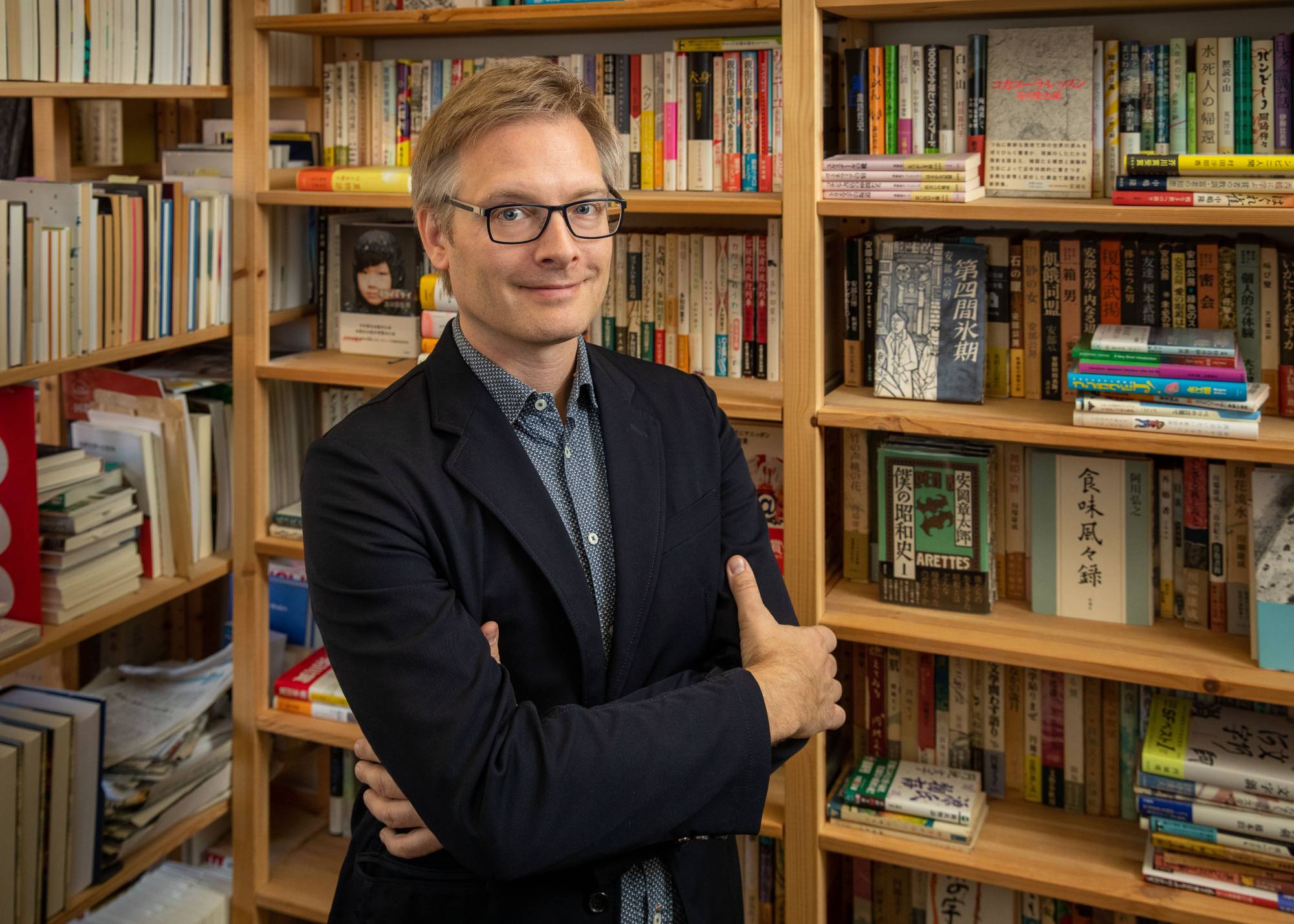The immersive experience of Michael Emmerich’s first translation project forever changed the way he viewed language.
In 1998, while studying at Princeton University as an English major and learning Japanese on the side, Emmerich decided to translate Nobel Prize-winning author Yasunari Kawabata’s short stories for his undergraduate thesis. He says that at the time, “Translation was not as visible as it is now, and neither were translators. I had no sense of real people doing it as a career. It felt like I was in the middle of nowhere with this Kawabata text trying to figure out what to do with it.” Emmerich, now 44, describes the process as having been “finicky and grueling” — he spent 36 hours on a single sentence because he was reluctant to break it into more than one sentence in English.
That experience seeped into his writing: “I had spent an enormous amount of time banging my head against this text. And when I finally finished, I found I couldn’t write in English unless I thought of it as somehow translating thoughts. I broke my writer’s block by first typing in a single quotation mark.”


















With your current subscription plan you can comment on stories. However, before writing your first comment, please create a display name in the Profile section of your subscriber account page.